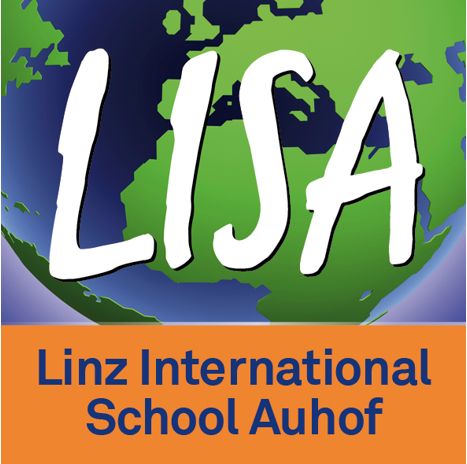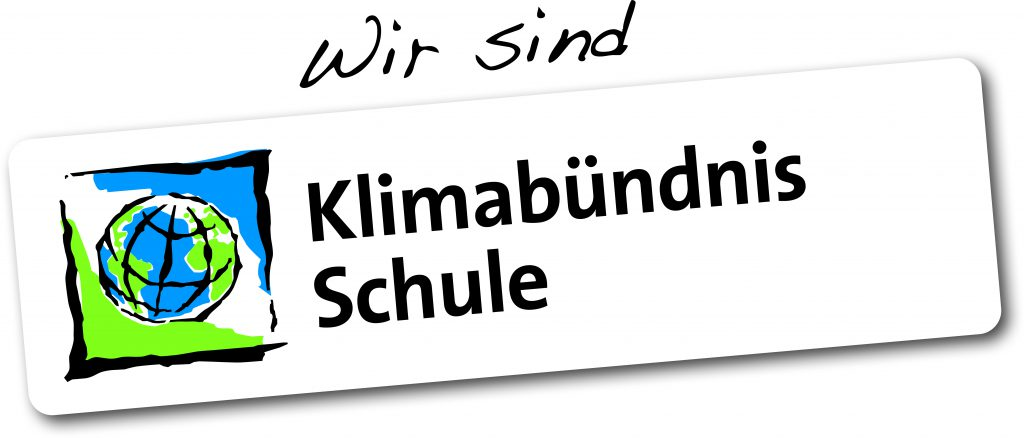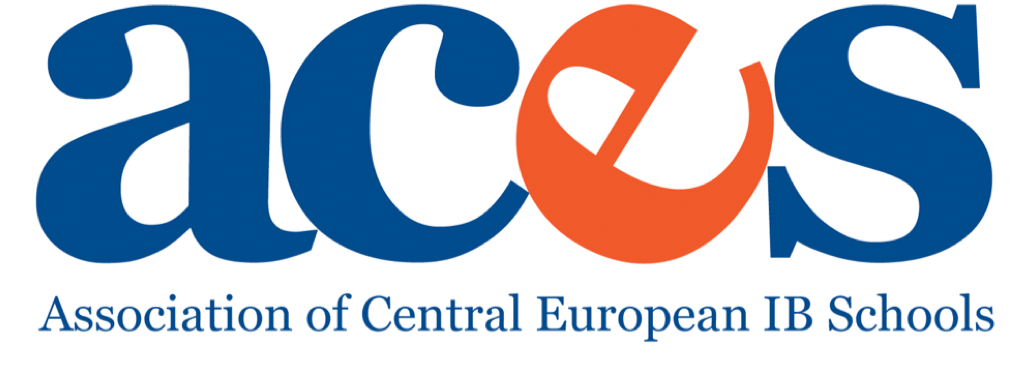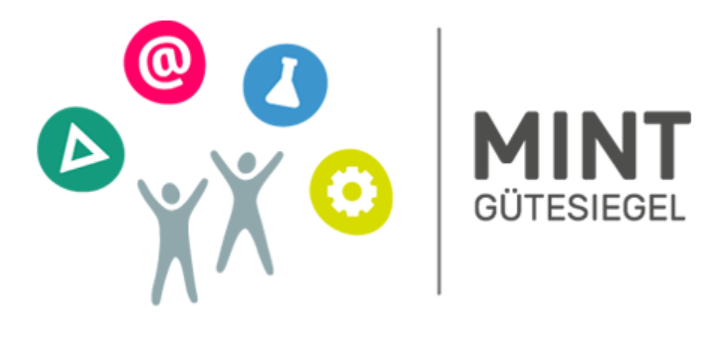LISA is a university-preparatory general education school and we therefore offer the Austrian AHS Reifeprüfung (“Matura”) to those students who speak German as a mother tongue, and who have taken a German mother tongue language course.
The AHS Reifeprüfung includes oral and written exams and and at LISA a written report (Abschließende Arbeit – ABA & Extended Essay).
Most LISA students complete both the Austrian Reifeprüfung as well as the International Baccalaureate Diploma (IB DP). Both IB DP as well as the Reifeprüfung enable students to continue their studies at universities and Universities of applied sciences (Fachhochschulen, FHs).
The IB Diploma Programme is taught in the last two years (11th and 12th grade). The IBDP is internationally recognized for university admission, including Austria. The IB Diploma (IBDP) is offered at the LISA in addition to the Austrian Reifeprüfung (“Matura”).
The LISA Academy Programme is offered in the last two years of the school career. It is a programme for students who cannot complete the Austrian Matura due to German language skills. To cover the costs of this programme, a higher school membership fee is imposed. It is a two-year programme, and therefore it is not possible to enter the programme after the first IB year has started. Please refer to the Membership Fees for details.
Find out more about the IB Diploma Programme: ibdp_en
IB Diploma
Creativity, Activity, and Service (CAS)
Creativity, Activity, and Service, better known as CAS is a pillar of the LISA experience. Completing the programme is a requirement of the International Baccalaureate, but here at the LISA, we want to move beyond checking the IB requirements boxes and create a programme that allows students to enrich their lives while better preparing them for life after they graduate.
What is CAS? CAS is a self-directed programme that requires students to conceive, plan, complete, and reflect on a number of activities over the course of their last two years at the LISA. Students are required to evenly divide their experiences between artistic interests (Creativity), sports pursuits (Activity), and bettering their school, local, or world community (Service). Our philosophy at the LISA is to give students as much latitude as possible in choosing how they fulfill these requirements, so they feel comfortable in going beyond themselves and explore a wide variety of experiences.
What is the CAS project? Additionally, students have to plan, manage and reflect on a month-long collaborative project in one or more of the CAS strands. This gives students the opportunity to be creative in focusing their energy on a lengthy project that suits their particular interests.
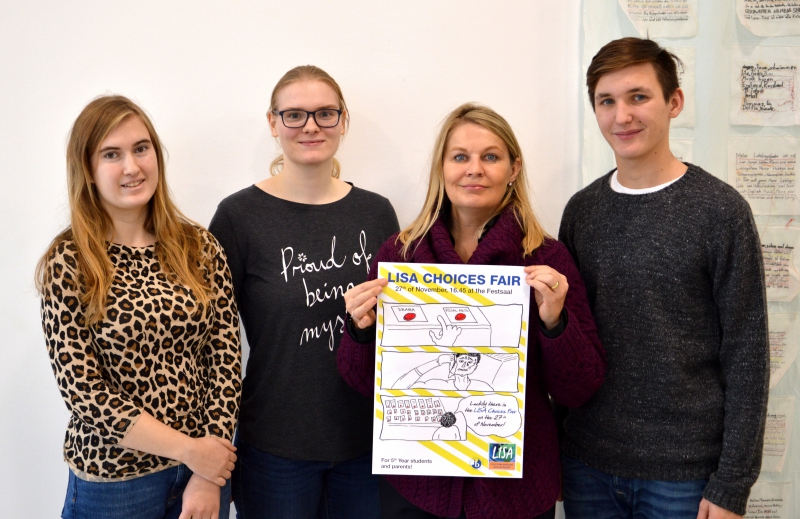
What do our students gain from the CAS programme? First, CAS is designed to nudge students out of their comfort zones and inspire them to do things they might not have done on their own. In many cases, students discover a passion for an activity that continues to enrich their lives long after graduating from the LISA.
Secondly, the CAS programme helps students develop skills needed to manage long-term projects. Whether the student is destined to visit the university or trade school or go straight into the job market, completing this programme gives them organizational skills that will serve them well in life.
From a practical standpoint, CAS gives students an advantage when applying for admission to a university, trade school, or for a job. A well-conceived and managed CAS programme provides students with a set of experiences that set them apart from other applicants by virtue of the fact that they can clearly demonstrate a number of skills and abilities that admissions officials and personal directors are looking for.
How does CAS develop better citizens? Essential to the LISA philosophy is that the CAS experience in sum encourage students to develop depth to their personalities and serve as a conduit that allows them to unlock their own full potential. In combination with the international flair of the LISA, the CAS programme plays a vital role in developing LISA students into citizens who are well equipped to participate in the world community and embrace its great cultural diversity.
Please contact our CAS-Coordinator Mr. Greenway for further information about the CAS-Programme: gr@europagym.at
IB DP Subjects
LISA is the only state-run school in Upper Austria offering the IB Diploma Programme. LISA prepares students for the IB diploma as well as for the Austrian “Reifeprüfung”. LISA is an approved “IB World School”.
To earn an IB diploma the following criteria must be fulfilled:
- “External Assessment”: final exams in 6 subjects (see below)
- “Extended Essay”: a depth study relying on independent research
- “CAS Programme”: Creativity, Action, Service programme. Each student must work 150 hours outside of school.
- “Internal Assessment”: a portfolio of work must be completed for each chosen subject
- “Theory of Knowledge”: An essay examining how knowledge and meaning is constructed
The examination for the Diploma requires candidates to take six subjects, each normally studied over a period of two years. At least three and not more than four must be taken at Higher Level (HL) and the others at Standard Level (SL). The six subjects must be chosen by selecting from each of the following subjects:
IB Subject Choice
IB subjects are choosen in year 6 (6. Klasse) for the upcoming two school years. The IB Diploma Programme will take place during the last two school years (years 7 and 8). In order for students to be able to choose a wide range of IB Diploma Subjects, preparation for the IB Diploma Programme (and the Austrian Matura) will start in year 5.
Description of IB Subjects: https://www.ibo.org/programmes/diploma-programme/curriculum/
(be aware, that LISA does not offer all subjects and that some subjects might not take place due to low number of registrations.)
- Group 1: Studies of Language and Literature: German A HL, English A HL
- Group 2: Language acquisition: English B HL, French B SL/HL, Spanish B SL/HL, Italian B SL/HL, German B SL/HL, German AbInitio SL
- Group 3: Individuals and Societies: Business and Management HL, Economics SL, Geography SL/HL, History SL/HL, Psychology SL,
- Group 4: Experimental Sciences: Biology SL/HL, Chemistry SL/HL, Physics SL/HL,Computer Science SL
- Group 5: Mathematics: Mathematics Analysis and Approaches SL/HL
- Group 6: The Arts: Theatre Arts SL/HL, Visual Arts SL/HL, Music SL/HL
Examples:
- HL: German A1, English B, History – SL: Maths, Biology, Theatre Arts
- HL: German A1, English B, Maths – SL: Physics, History, French B
- HL: German A1, English B, Geography – SL: Maths, Physics, Art/Design
- HL: English A1, German B, Biology – SL: Economics, Chemistry, Maths.
- more combinations are of course possible
Additional Requirements:
- Extended Essay: 4000 words; supervised by the teacher, assessed by an examiner.
- Theory of Knowledge: critical reflection on what
the student claims to know and what is professed as knowledge by others.
Assessed by the TOK teacher and an examiner. - CAS – Programme: Creativity: e.g. arts, drama,
musical instruments,… Action: e.g. sports, outings, organising, …
Service: e.g. social service, welfare, environment, … Assessed by
the CAS coordinator and monitored by the IB Regional Office.
